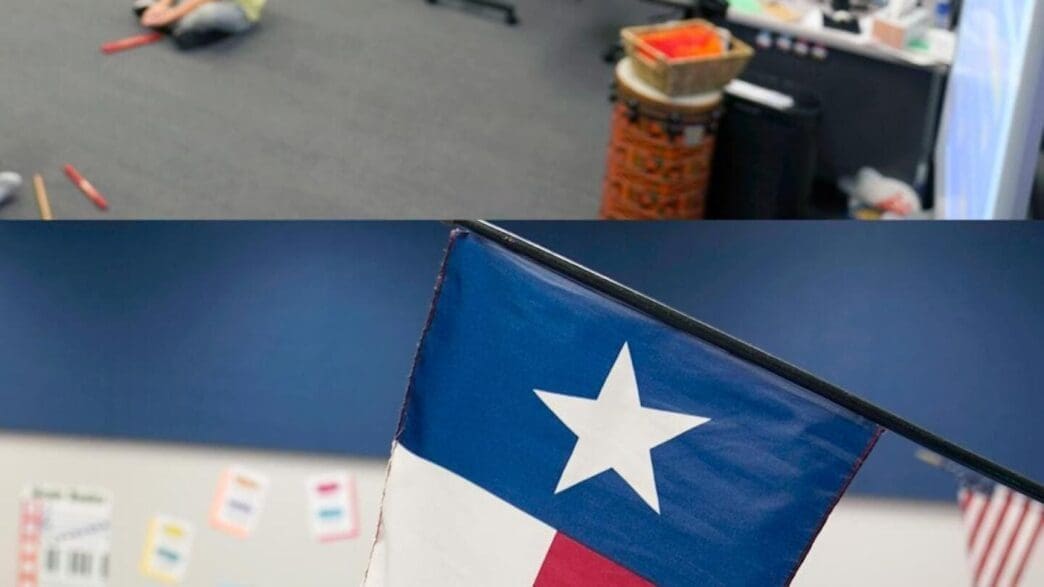In a significant move reflecting broader trends in education policy, Texas’ education board approved the inclusion of Bible-related content in elementary school curricula. This decision aligns Texas with other Republican-led states seeking to expand religious influence in public education.
Texas’ education board’s recent decision to permit Bible-infused lessons in public elementary schools has sparked a mix of reactions across the state. This initiative is part of a broader effort seen this year in several Republican-led states, aiming to increase religious content in the public school system.
While some view this as a positive step towards integrating moral and ethical teachings into education, others express concern about the potential blurring of lines between church and state. There are significant discussions on how these lessons will be structured, focusing on ensuring that they adhere to educational standards without crossing constitutional boundaries.
Supporters argue that Bible teachings can offer valuable insights into history, literature, and moral education. They believe these lessons can enrich students’ understanding of cultural and historical contexts, providing a well-rounded education.
Conversely, critics worry about the implications for religious neutrality in public schools. They raise questions about how teachers will present these materials and whether they will respect all religious viewpoints. The need for clear guidelines and safeguards to prevent religious indoctrination is a point of emphasis.
This policy shift comes amid a larger national conversation about the role of religion in public life. Similar measures have been proposed or enacted in other states, reflecting a growing trend toward incorporating religious studies in compulsory education. The outcome of Texas’ approach could influence similar debates across the country.
The inclusion of Bible-based teachings in Texas public elementary schools signifies a noteworthy shift in educational policy. As this initiative unfolds, it will be crucial to monitor its implementation and impacts, ensuring that education remains a diverse and inclusive space for all students.
Source: APNews








